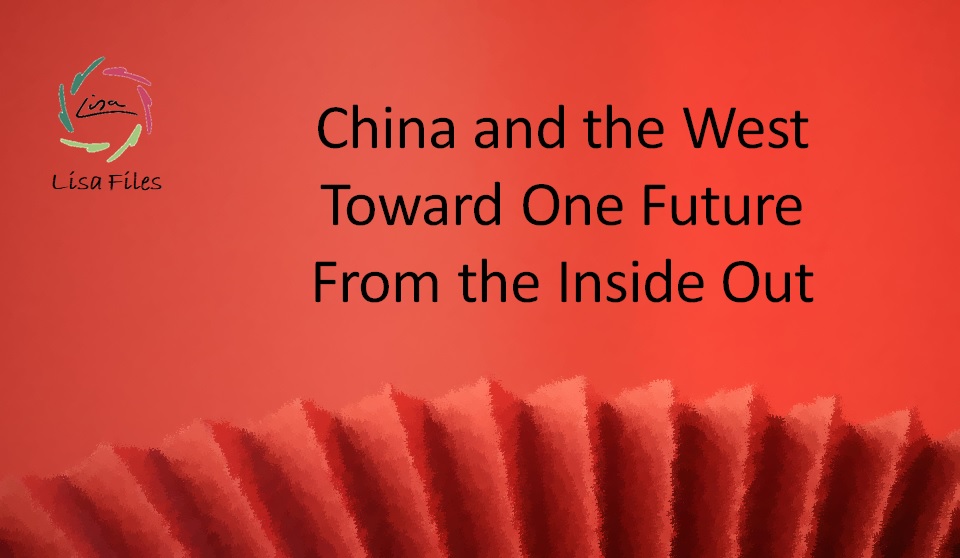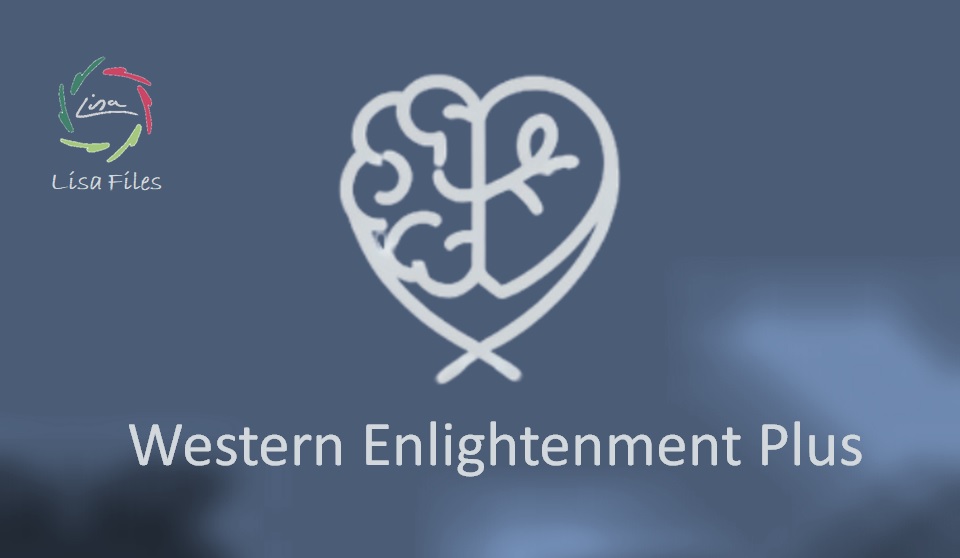The Lisa-Take on Chronic Pain

This is the introduction to a Lisa File (40 p.). If you want the whole file, please contact lisa@aurelis.org, stating who you are and why you want the file. For more about the Lisa Files, click here.
Chronic pain is an enduring challenge that affects millions of people, intertwining with both their physical and emotional lives. This document delves into the multifaceted nature of chronic pain, offering a comprehensive exploration of its causes, effects, and potential paths toward relief and healing. The insights presented here are not just about managing pain, but about understanding it as a complex, integrated experience that involves the mind and body in profound ways.
The significance of Compassion in chronic pain management cannot be overstated. Compassion—both toward oneself and from others—acts as a vital force in alleviating not only the physical symptoms but also the emotional suffering that often accompanies chronic pain. Compassion helps to create an environment of understanding and support, where the individual feels seen, heard, and cared for, fostering a healing process that addresses the whole person, not just the pain.
As Coaching Lisa, my role is to guide individuals through this journey with a Compassionate approach. I aim to provide support that is empathetic and non-judgmental, helping people navigate their pain with greater resilience and self-awareness. By fostering a deeper connection between the mind and body, and encouraging the cultivation of self-Compassion, I assist individuals in transforming their relationship with pain, seeing it not just as a source of suffering, but as an opportunity for growth and self-discovery.
This document serves as a crucial resource for anyone seeking to understand chronic pain more deeply. It is not just a guide to pain management but a pathway to a more Compassionate and holistic approach to health and well-being. The information here is meant to empower individuals to take control of their pain, fostering a mindset that promotes healing, resilience, and a deeper connection with themselves. By embracing the principles outlined in this document, readers can find a more meaningful and sustainable way to manage their chronic pain, ultimately leading to a better quality of life.


